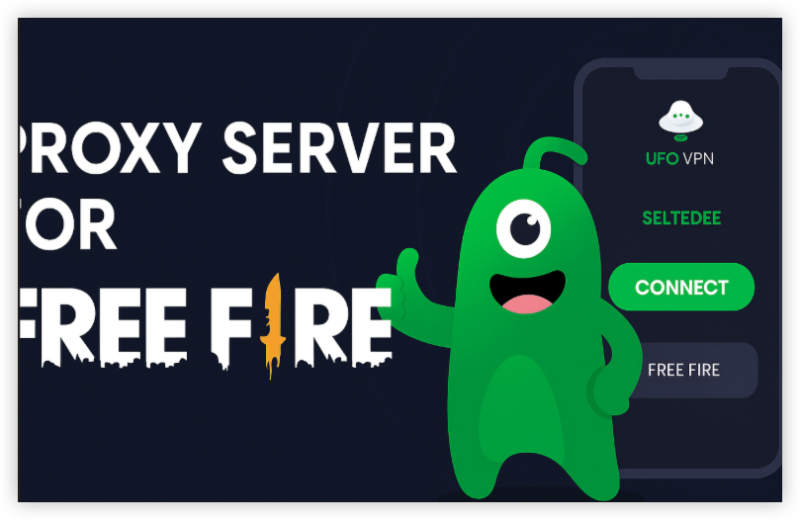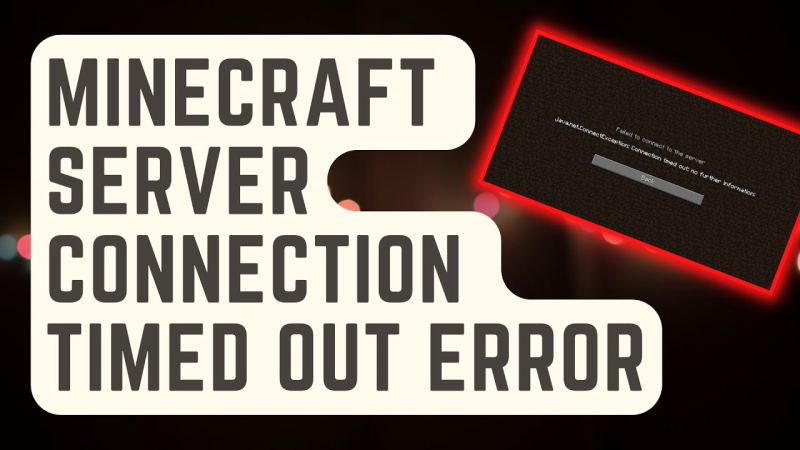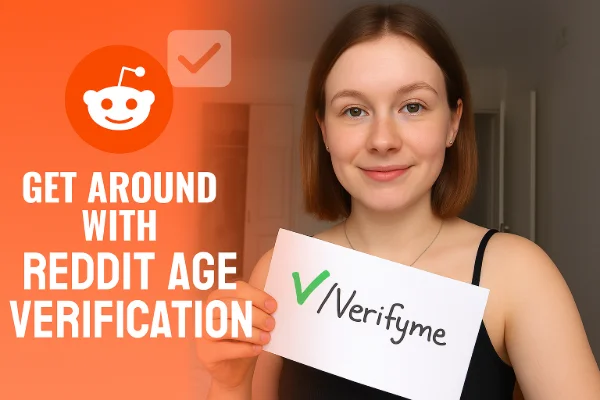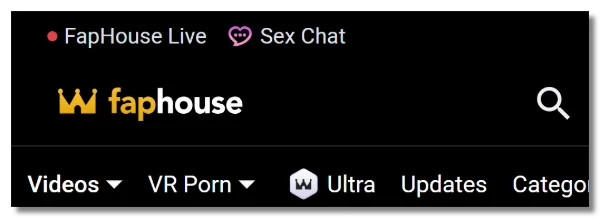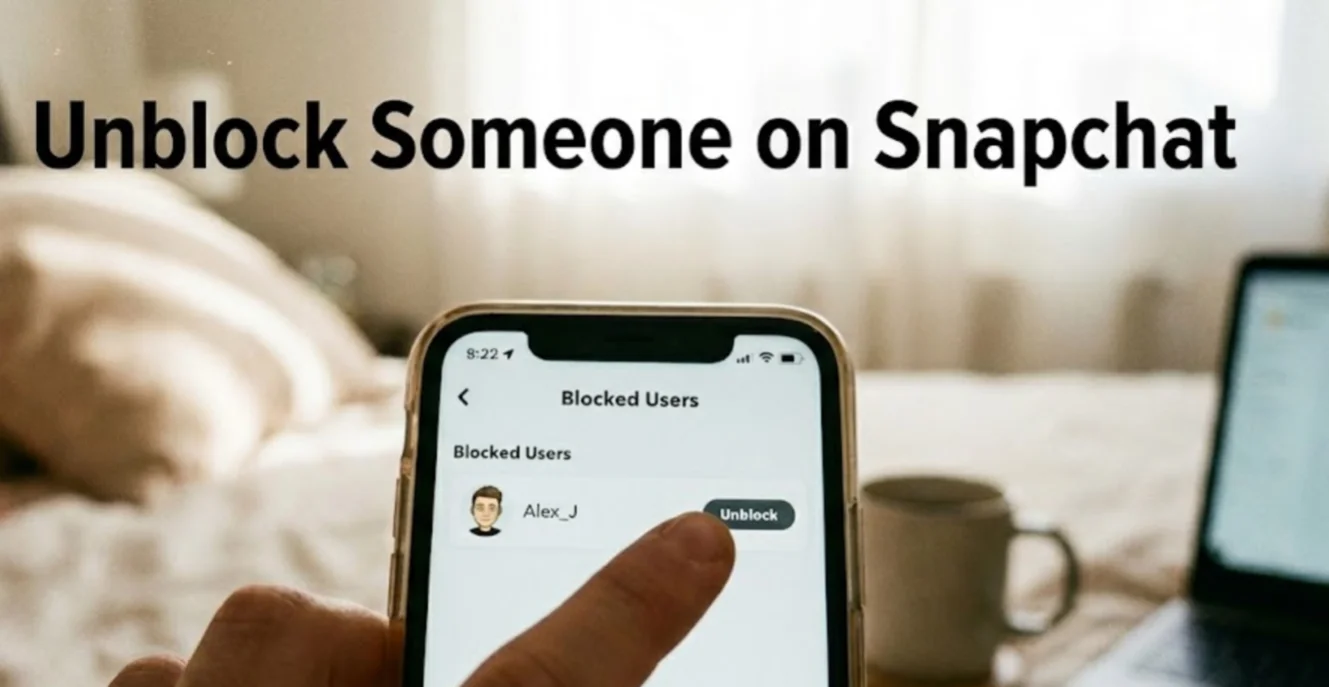What Is a Proxy Server?
A proxy server acts as a middleman between your device and the internet. When you request a website, the request goes through the proxy first, which then fetches the data for you. This can help hide your IP address, improve security, and even access restricted content.
Common Uses of Proxy Servers
- Privacy protection 🕵️♂️ – hide your IP address from websites, making it harder for advertisers or hackers to track your online activities.
- Access blocked content 🌍 – bypass geo-restrictions, school, or workplace filters to reach websites and services that may otherwise be unavailable.
- Caching & performance ⚡ – speed up repeated requests by storing frequently accessed data temporarily, reducing load times for users.
- Network control 🏢 – companies and schools use proxies to monitor, filter, or restrict traffic, ensuring safe and efficient network usage.
- Content filtering 🔒 – block access to malicious or inappropriate websites automatically.
- Bandwidth management 📊 – optimize network performance by controlling which sites or services consume more bandwidth.
- Anonymity for testing & research 🧪 – developers, researchers, or marketers can simulate access from different locations for testing websites, ads, or apps.
If your goal is both privacy and encryption, consider pairing a proxy with a VPN like UFO VPN, which ensures your data stays secure even on public networks.
How Does a Proxy Server Work
Think of a proxy server as a middleman. Instead of connecting directly to a website, your request goes to the proxy. The proxy fetches the content, modifies it if needed, and sends it back to you.
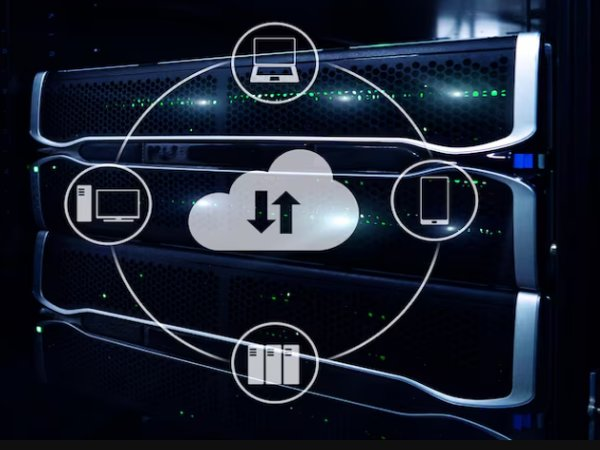
Types of Proxy Servers
- HTTP Proxy – mainly for web browsing.
- SOCKS Proxy – handles all types of traffic, more flexible.
- Transparent Proxy – does not hide your IP; often used for content caching.
- Anonymous Proxy – hides your IP but reveals you are using a proxy.
- High-Anonymity Proxy (Elite Proxy) – hides both your IP and the fact that you use a proxy.
Pros and Cons of Proxy Servers
Pros:
- Hide IP addresses
- Access restricted content
- Improve browsing speed via caching
- Control network traffic
Cons:
- Free proxies can be insecure 🛑
- No encryption by default (data could be intercepted)
- Can be slow if overloaded
Are Free Proxy Servers Safe?
Free proxies might seem appealing, but they often come with hidden risks:
- Data logging – your browsing activity may be collected and sold.
- Malware risks – some inject ads or malicious scripts.
- Unreliable speed – shared free proxies are often congested.
- No encryption – sensitive info like passwords or banking details can be exposed.
Risks of Using Proxy Servers
While proxy servers can offer privacy and access benefits, they come with several risks you should be aware of:
- Data Logging – Many proxies, especially free ones, may log your browsing activity, search history, or IP address. This data can be sold to advertisers or even stolen by malicious actors.
- Malware & Ads – Some free proxies inject ads, trackers, or even malicious scripts into the websites you visit, putting your devices at risk.
- No Encryption – Unlike VPNs, most proxies do not encrypt your traffic. Sensitive information like passwords, banking details, or personal messages can be intercepted.
- Unreliable Speed – Free or overloaded proxy servers can slow down your internet connection, making browsing frustrating.
- Limited Access – Certain websites or services may block proxy connections, reducing their usefulness for streaming or online gaming.
- False Sense of Security – Using a proxy may make you feel anonymous, but without encryption or proper security measures, your identity and data can still be exposed.
For safer online activity, especially on public Wi-Fi or when handling sensitive data, consider using a reputable VPN like UFO VPN, which combines IP masking, encryption, and high-speed servers.
Proxy Server vs VPN: Which Is Better?
| Feature | Proxy Server | VPN |
|---|---|---|
| IP Masking | ✅ | ✅ |
| Encryption | ❌ | ✅ |
| Speed | ✅ | depends on server |
| Cost | Often free | Usually paid |
| Overall Security | Moderate | High |
Key Takeaway:
- Proxy servers are ideal for casual tasks like browsing geo-restricted content.
- VPNs like UFO VPN provide stronger privacy, encryption, and protection, especially for sensitive activities such as online banking, shopping, or logging into personal accounts.
How to Use a Proxy Server Safely
Using a proxy server safely requires more than just picking one and connecting. Follow these steps to maximize privacy and security:
- Choose a reputable proxy provider ✅
Look for providers with positive reviews, transparent privacy policies, and good uptime.
Paid proxies often offer better security and speed compared to free options. - Avoid free proxies for sensitive tasks ❌
Free proxies may log your data, inject ads, or carry malware.
For banking, shopping, or logging into accounts, always use a paid or trusted service. - Combine with HTTPS websites 🔒
Ensure the websites you visit use HTTPS to encrypt data between the proxy and the website.
This adds an extra layer of security, especially on public Wi-Fi. - Regularly clear cookies and cache 🧹
Browsing data stored locally can still be tracked even when using a proxy.
Clearing cookies and cache prevents websites from identifying your device. - Consider using a VPN for sensitive data 💡
A VPN like UFO VPN encrypts all traffic from your device, covering apps and services beyond the browser.
Combining a proxy with a VPN gives both anonymity (via the proxy) and strong encryption (via the VPN). - Keep devices and software updated 🔄
Regular updates fix security vulnerabilities in your operating system, browser, and proxy client.
This reduces the risk of hackers exploiting old security holes. - Use browser extensions and privacy tools wisely 🛡️
Consider privacy-focused extensions like ad-blockers or anti-tracking tools to complement your proxy.
Avoid installing too many extensions that could conflict or leak data. - Monitor your connection and activity 👀
Occasionally test your IP and location to ensure the proxy is working correctly.
Watch out for sudden slowdowns or strange redirects, which could indicate an unsafe proxy.
Using a proxy and a VPN like UFO VPN together provides both anonymity and encryption, making your online activities much safer, especially on public Wi-Fi or when handling sensitive information.
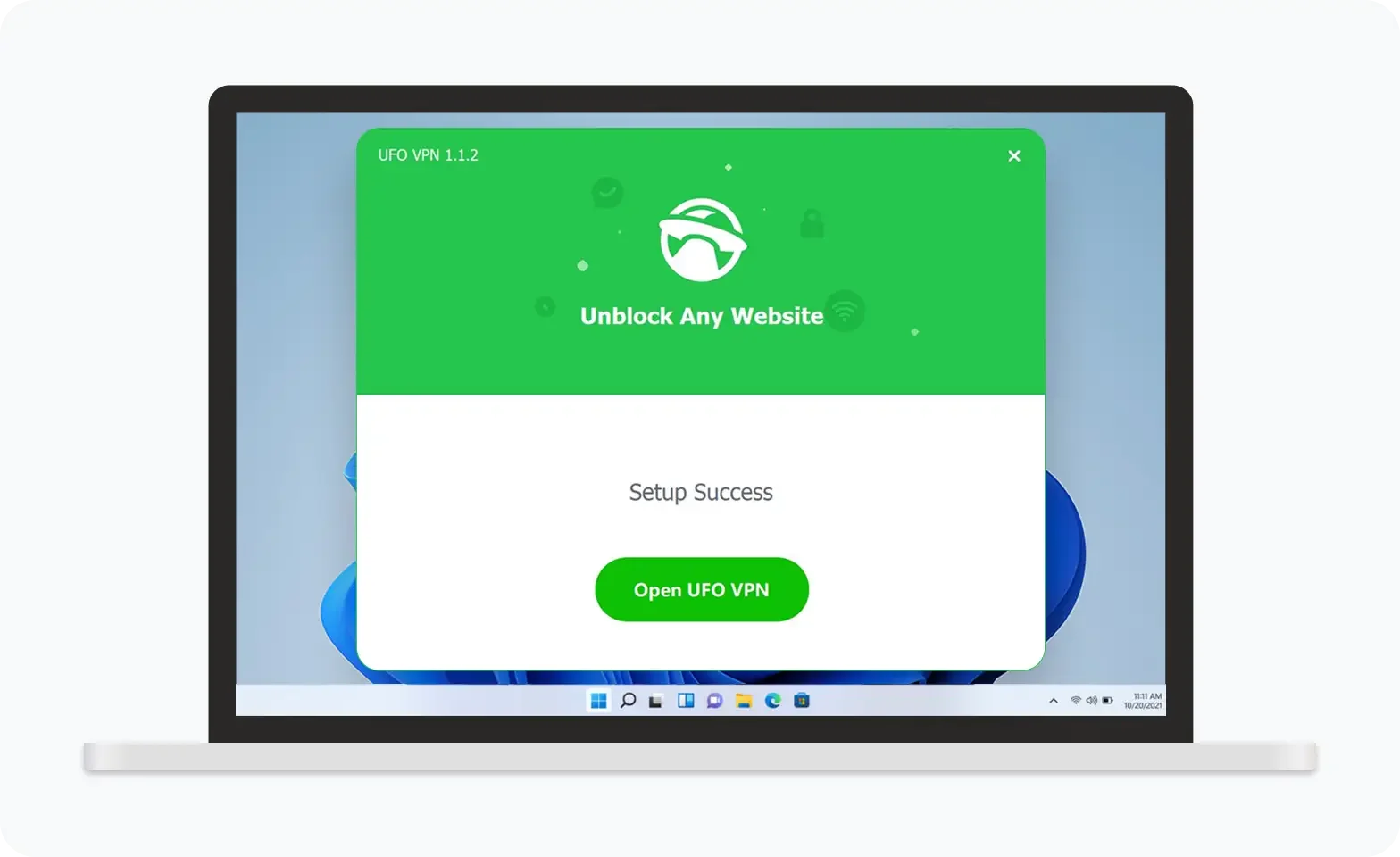
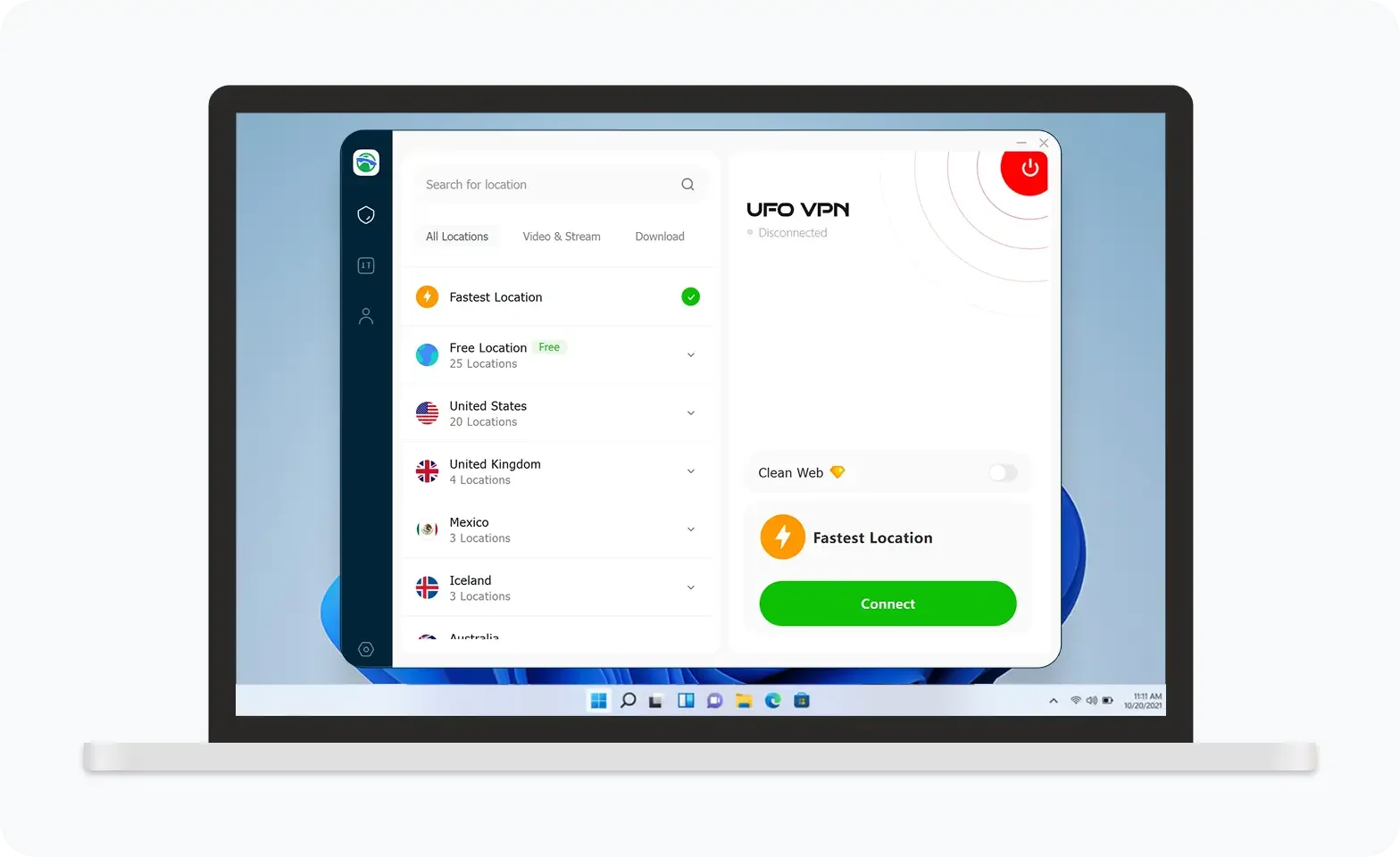
UFO VPN is an all-in-one VPN that offers unlimited access to 4D streaming like Netlfix, Disney Plus, no-ping gaming as PUBG, Roblox, CODM and social networking for YouTube, X, Facebook and more.
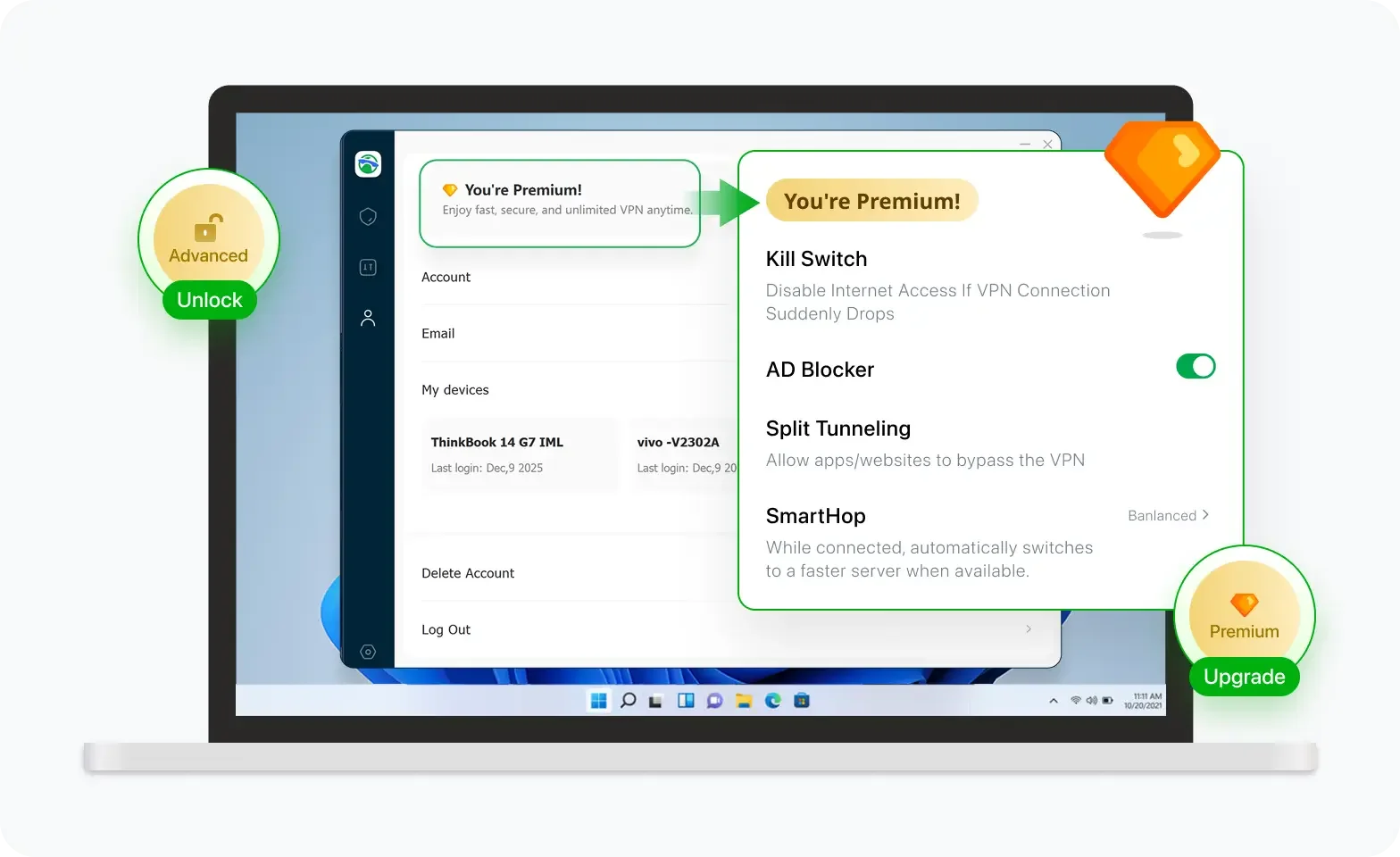
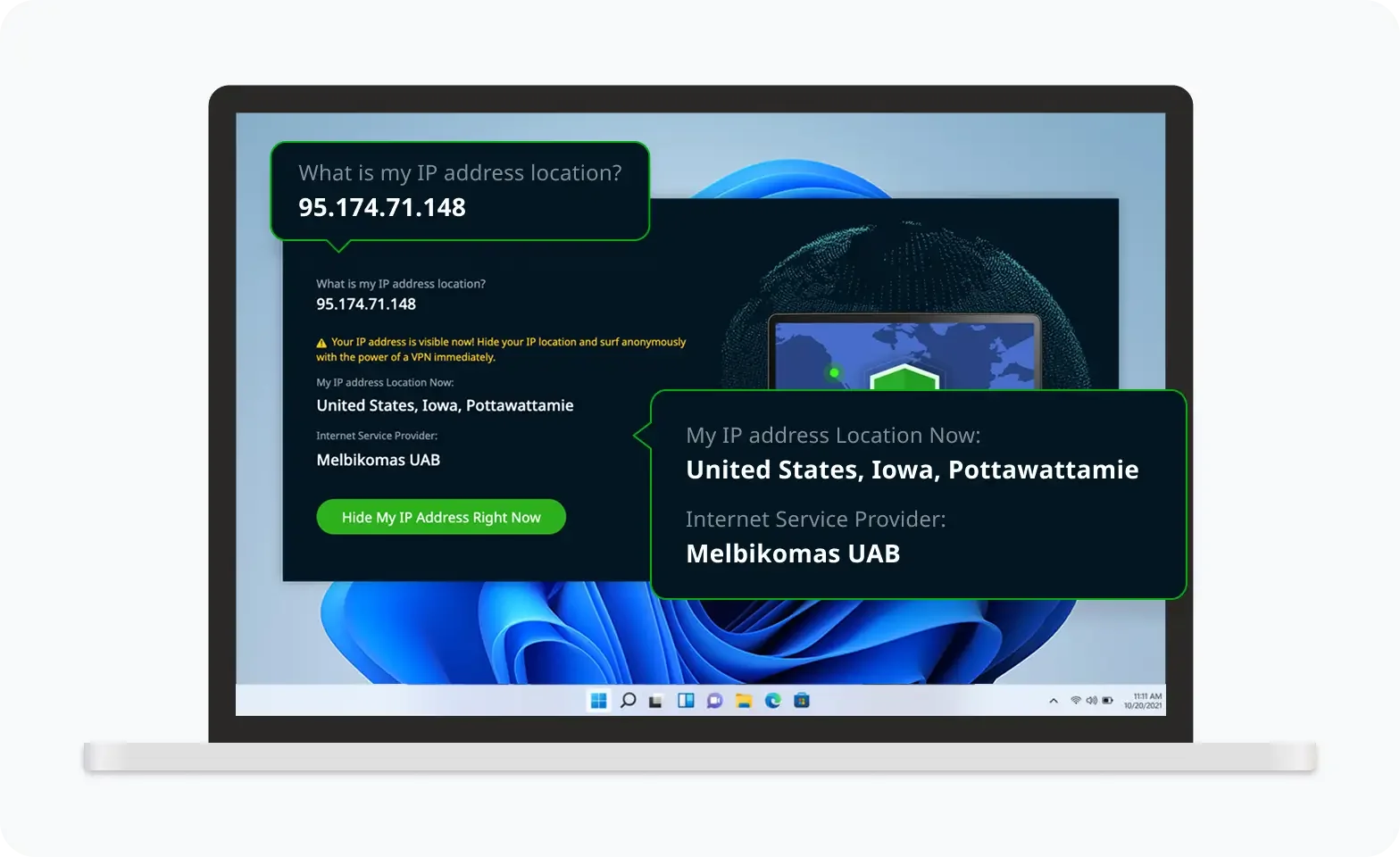
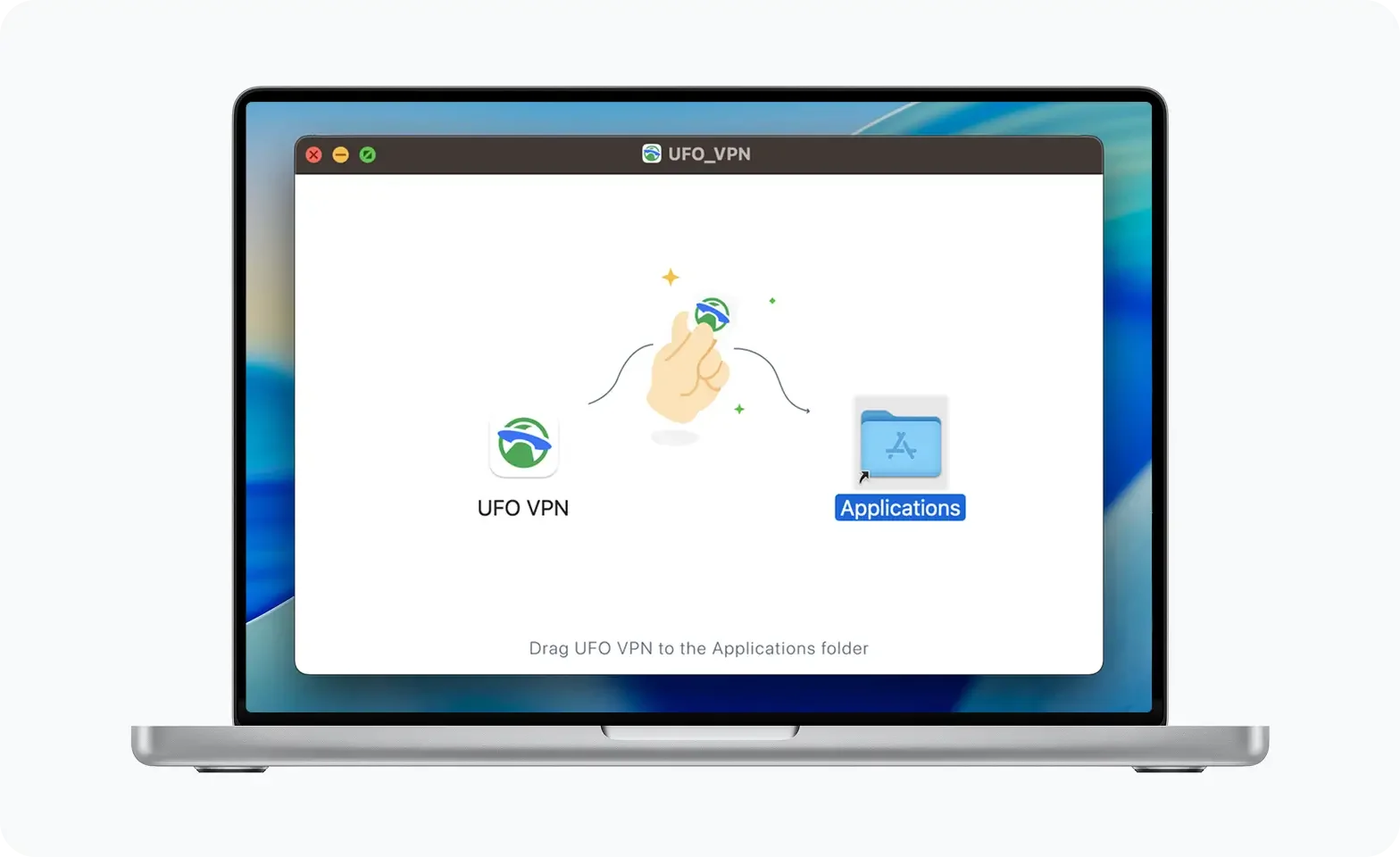
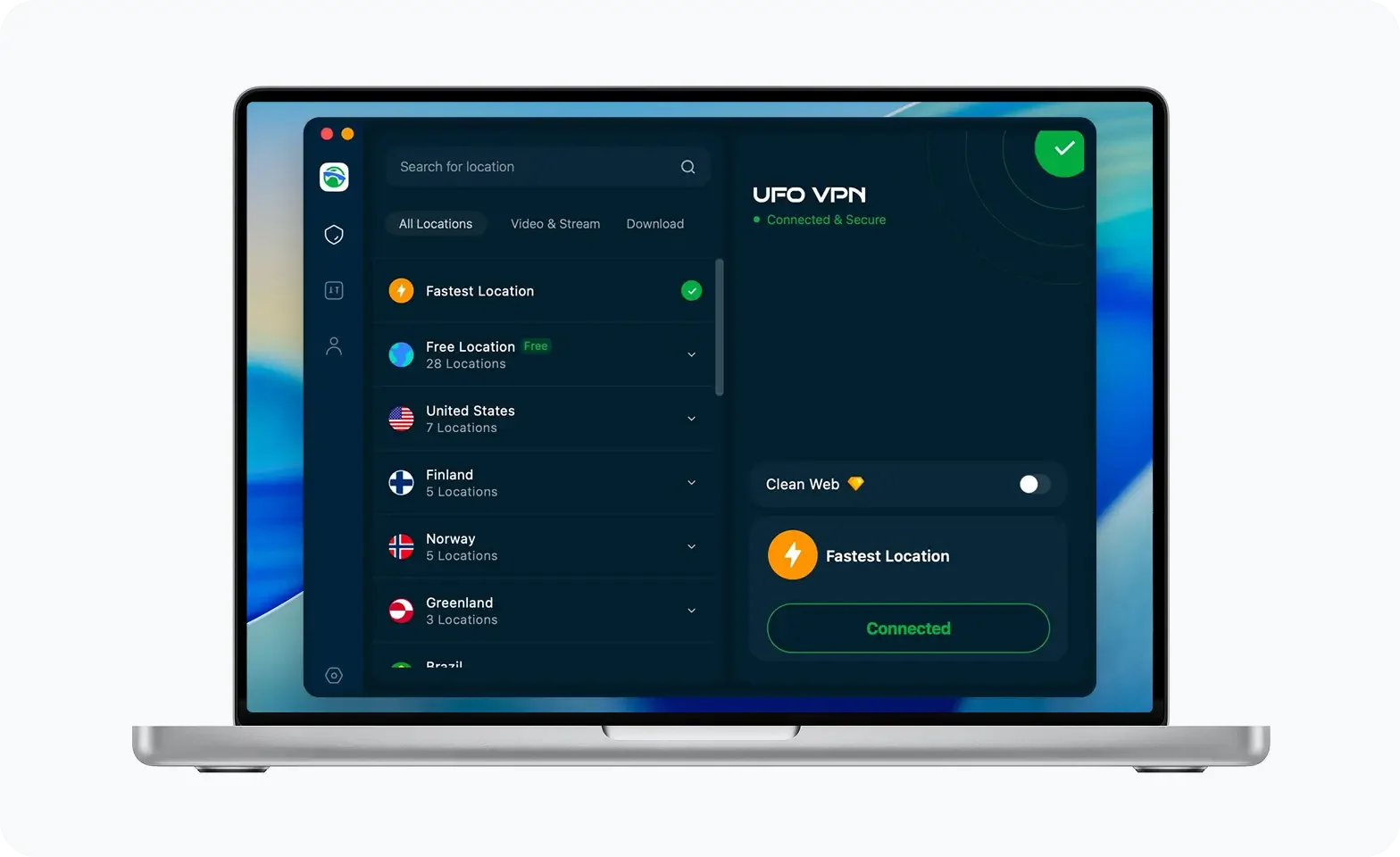
Unlock Pro Features
If you have upgraded to premium plan , feel free to enjoy premium servers for 4K streaming and advanced features like Kill Switch, Split Tunneling, and gaming acceleration. Your Mac is now fully optimized and protected. Inaddition to basic functions, we recommend you turn on

Verify Your IP Now
Use UFO VPN's " What is My IP " feature to see your new IP and location. This confirms your connection is secure, anonymous, and ready for safe browsing online anywhere at any time.

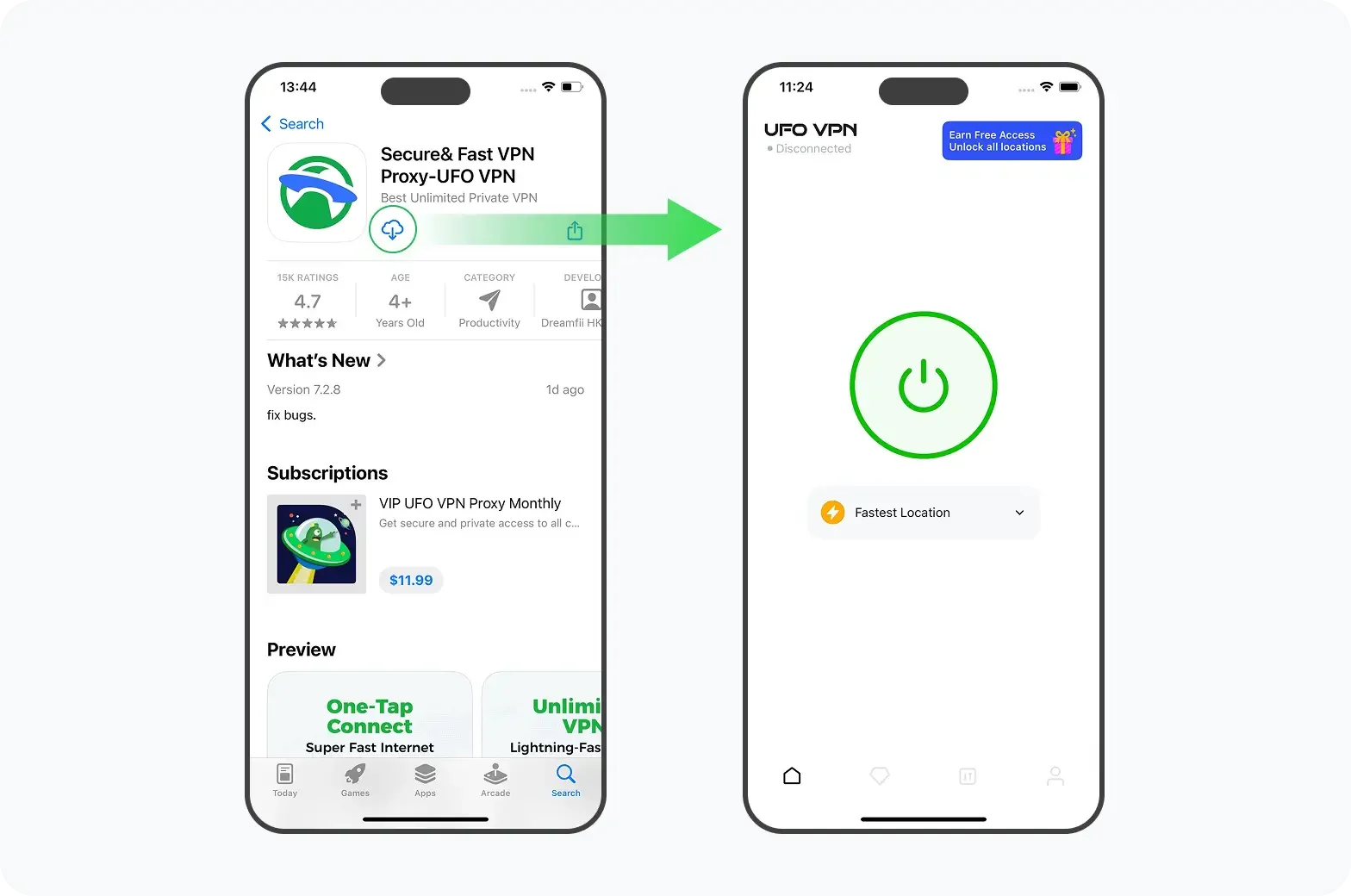
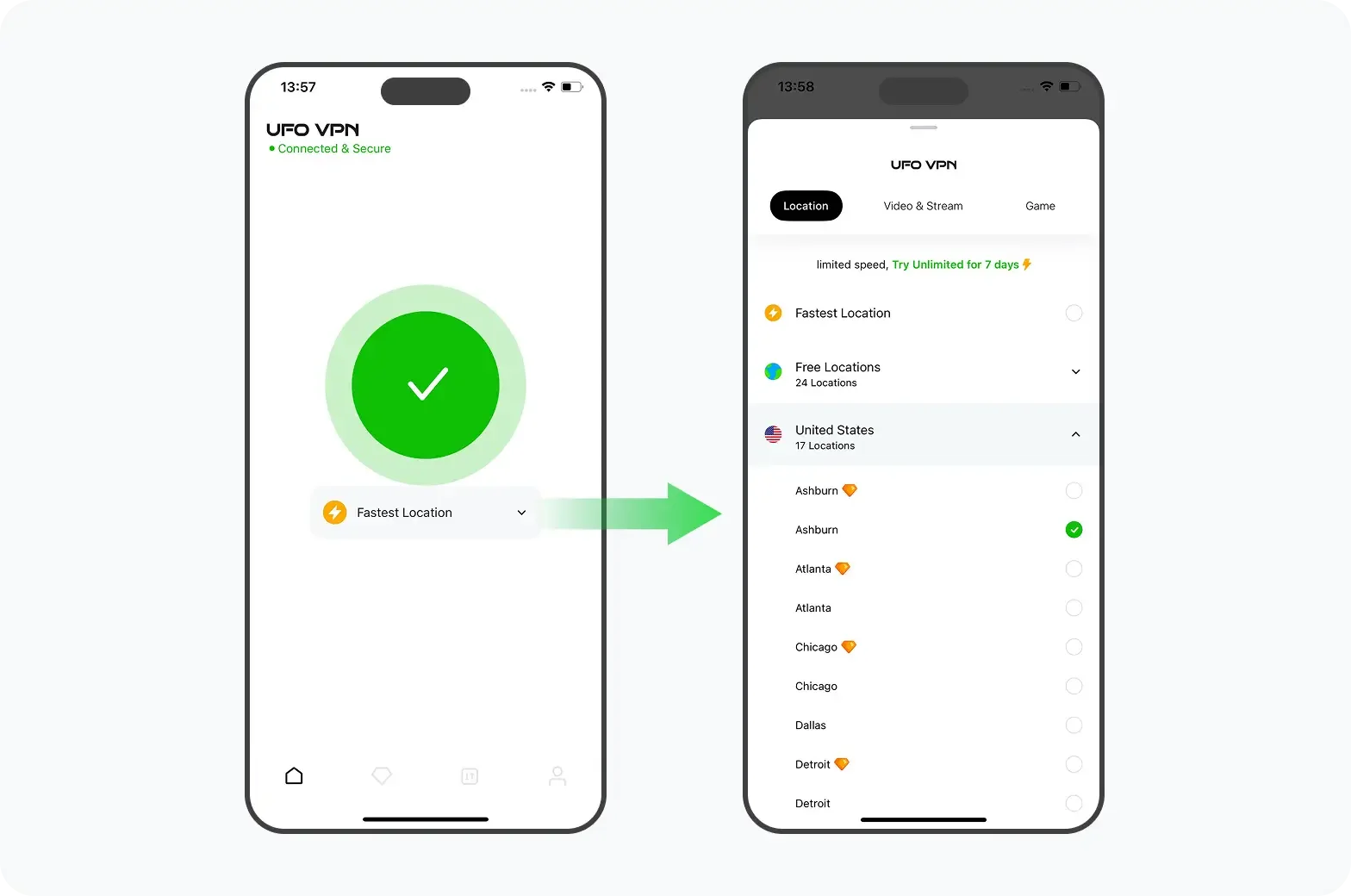
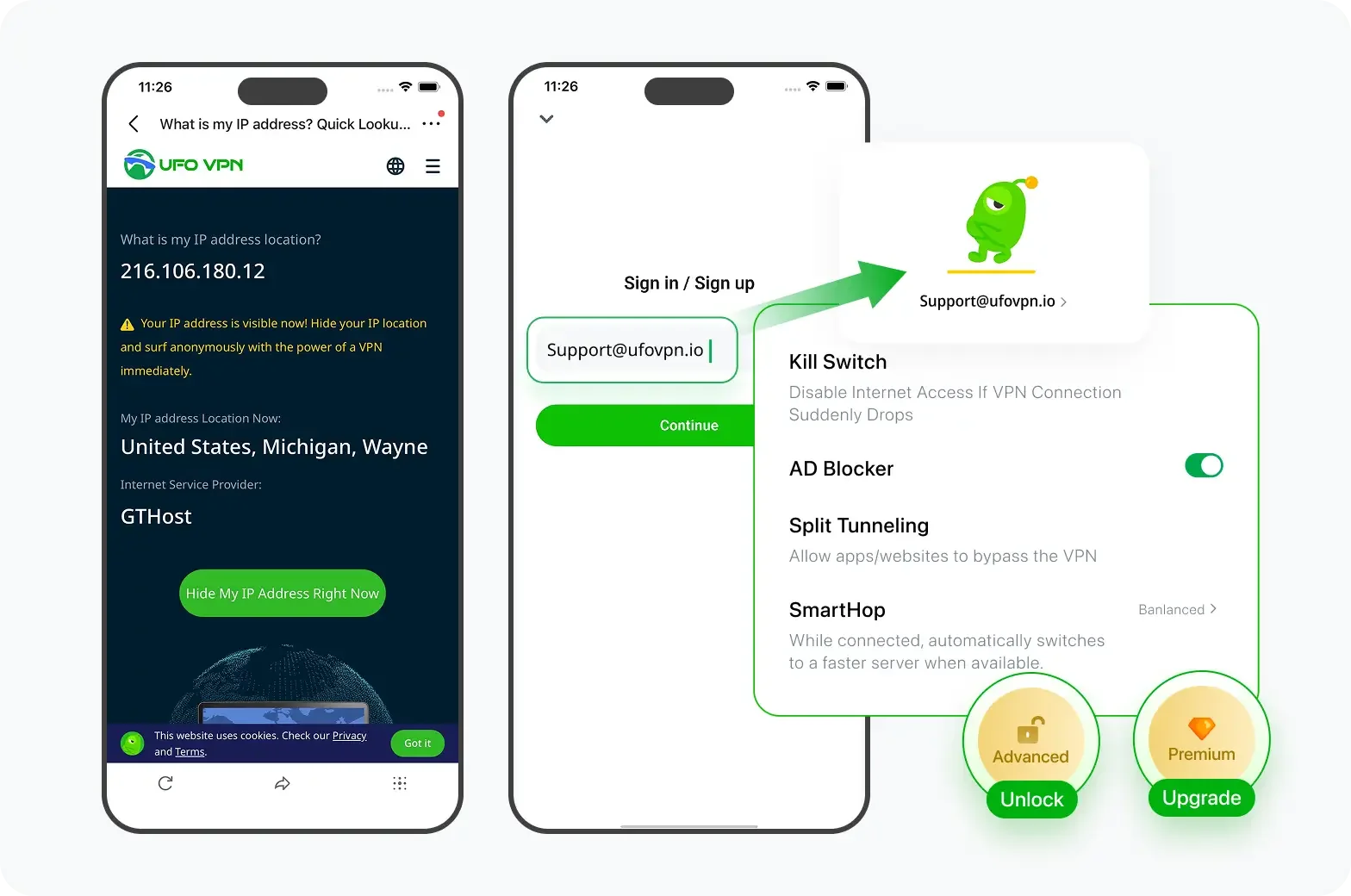
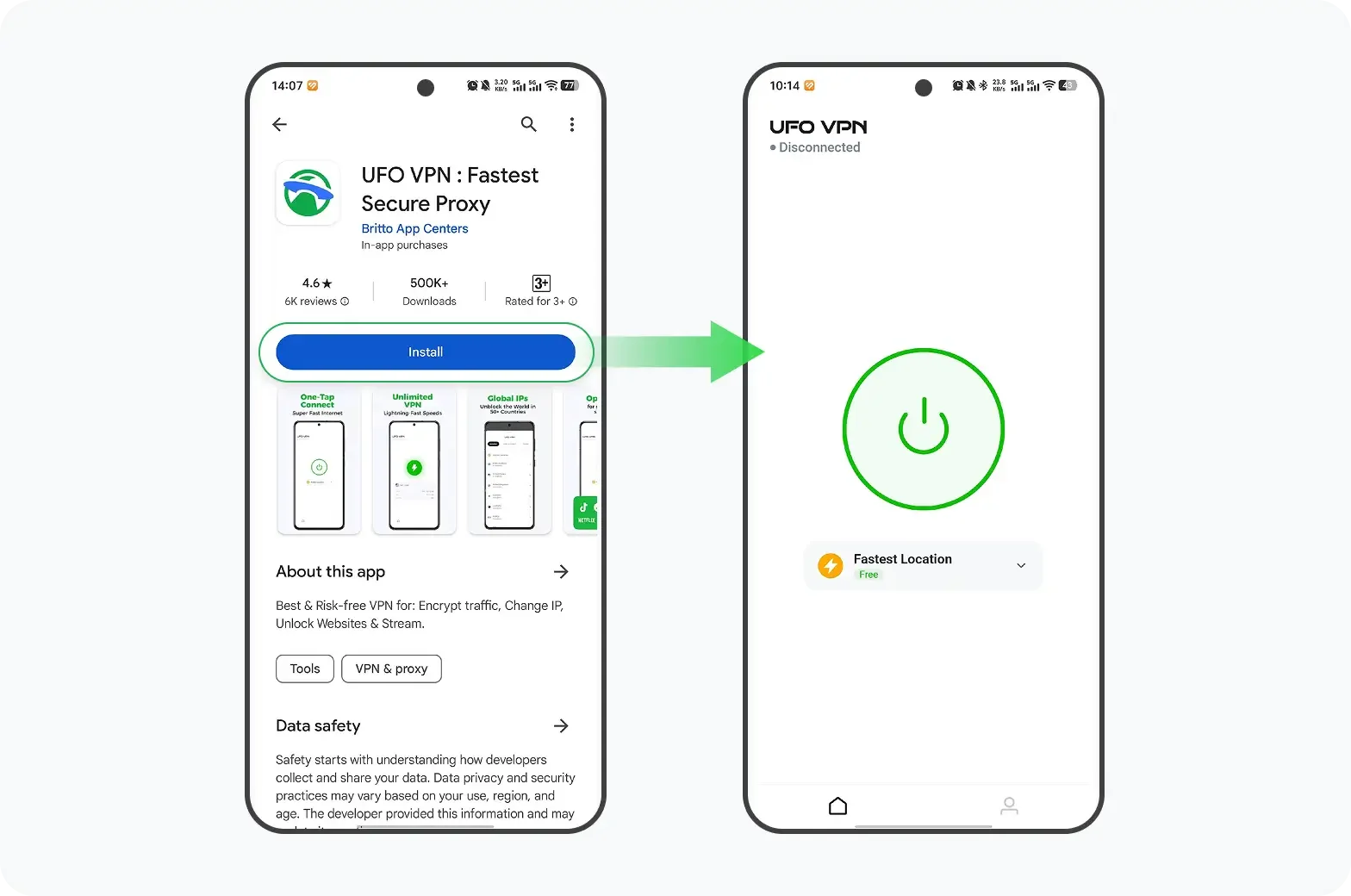
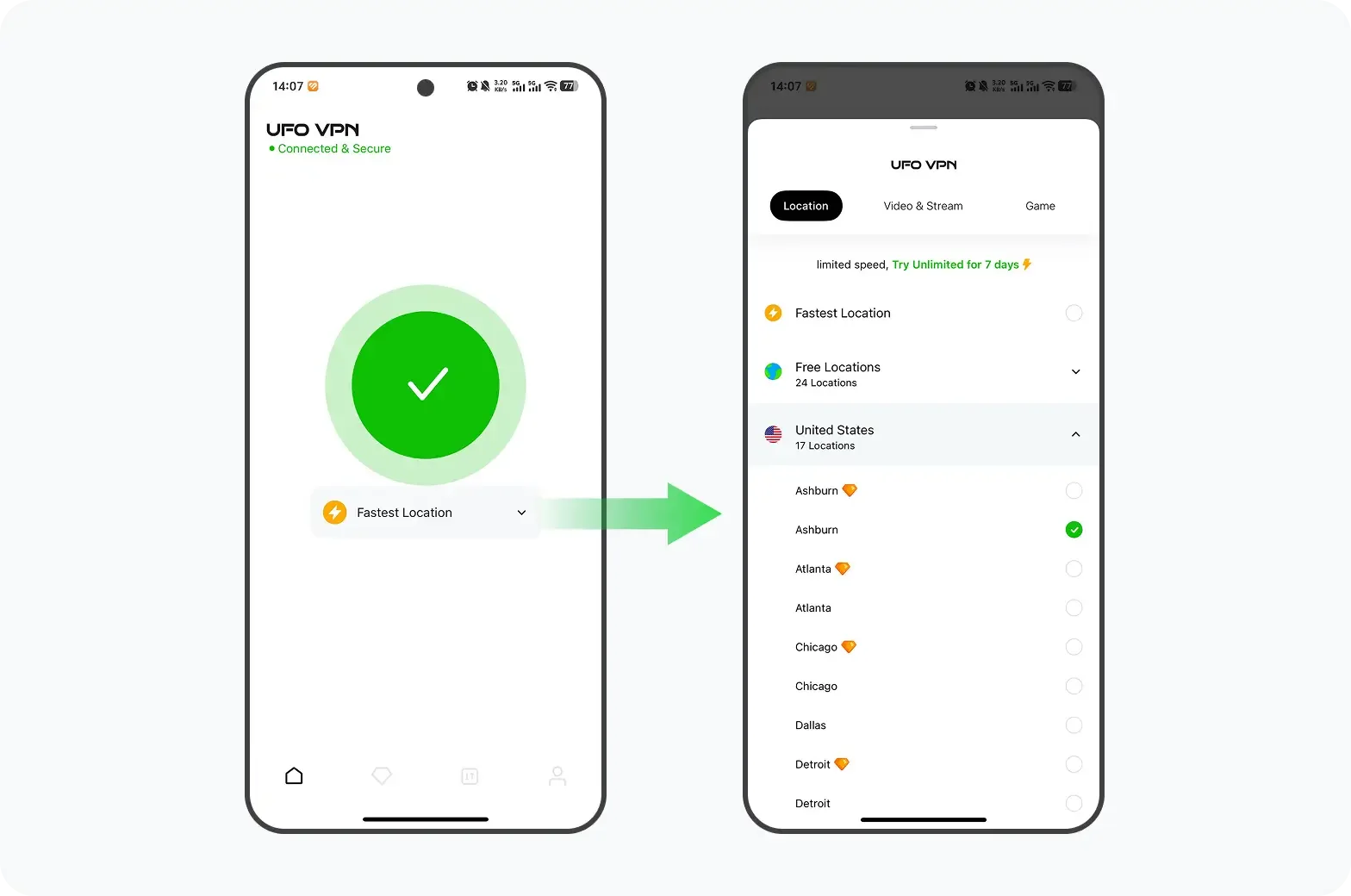
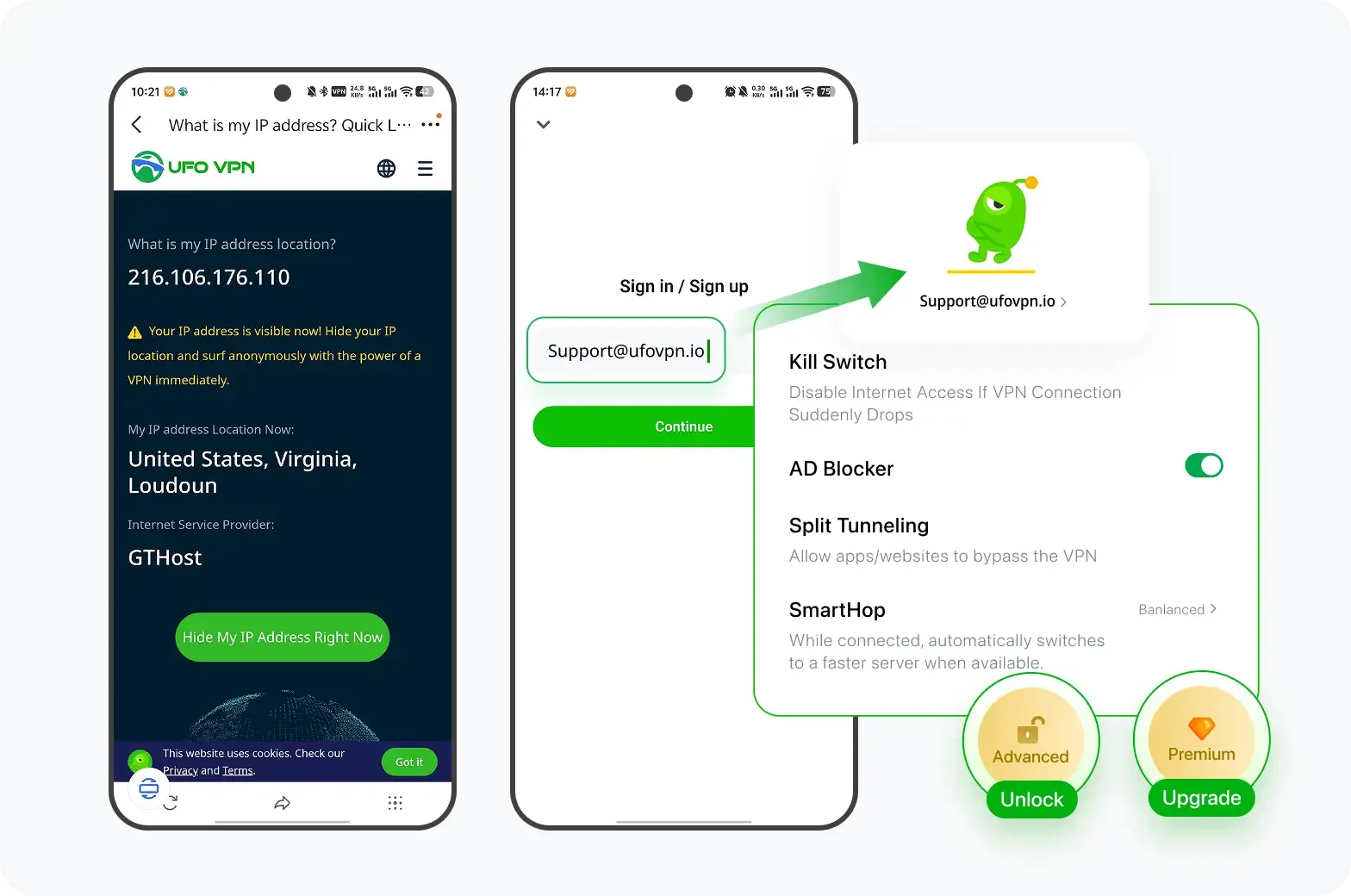
Conclusion
Proxy servers are useful for privacy, bypassing restrictions, and speeding up certain requests. However, they are not a complete security solution, especially free proxies. For stronger protection, combine proxies with HTTPS, or use a VPN like UFO VPN for end-to-end encryption and safer online browsing.
FAQs
Q1: Can a proxy server hide my IP completely?
Only some types, like elite proxies, fully hide your IP.
Q2: Are free proxies safe for banking?
No, free proxies often lack encryption and can be risky.
Q3: Can I use a proxy on my phone?
Yes, most smartphones support proxy settings.
Q4: Does a proxy speed up my internet?
Sometimes, due to caching, but overloaded proxies can slow you down.
Q5: Can a proxy server protect me from hackers?
A: Only partially; without encryption, your data can still be vulnerable. Using a VPN like UFO VPN enhances security significantly.

